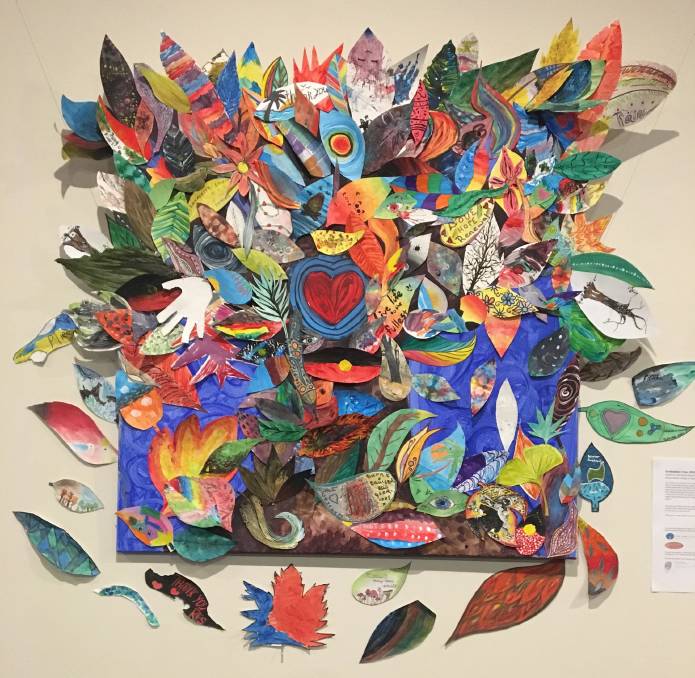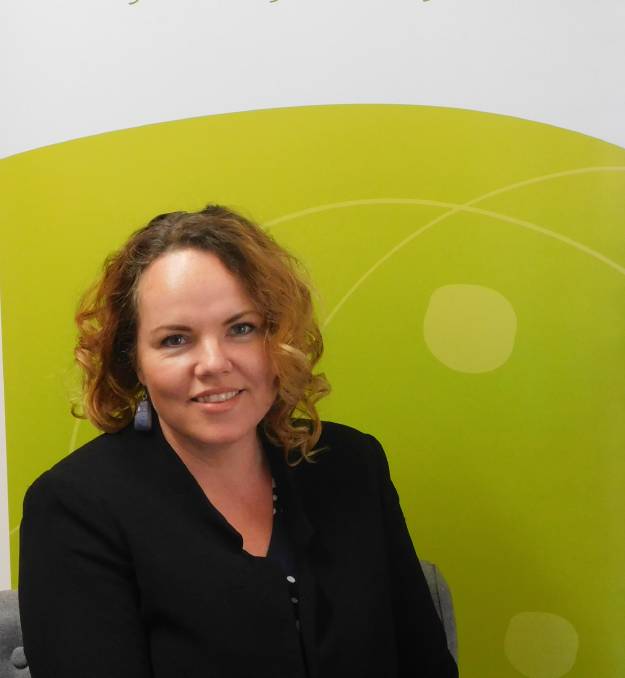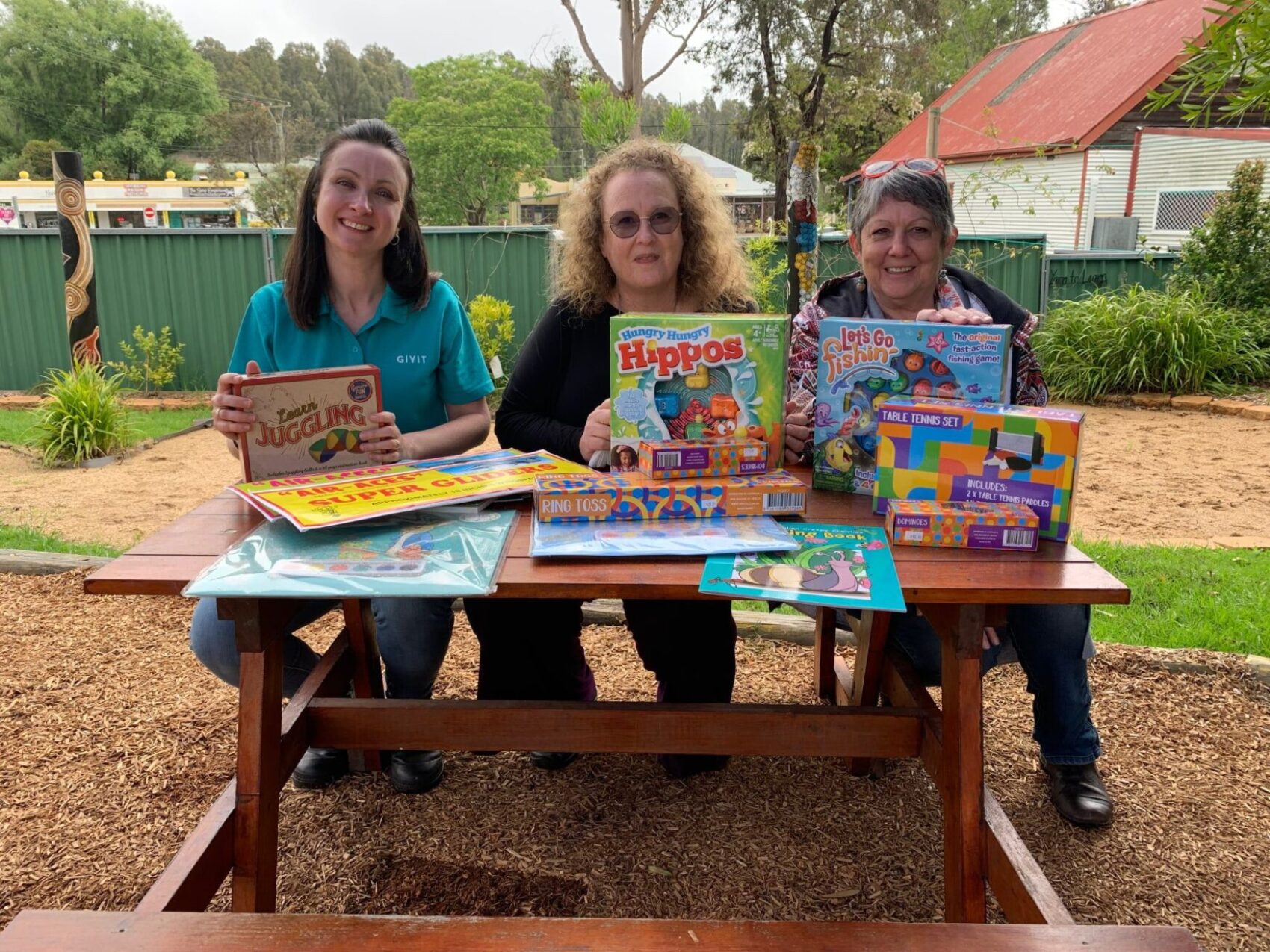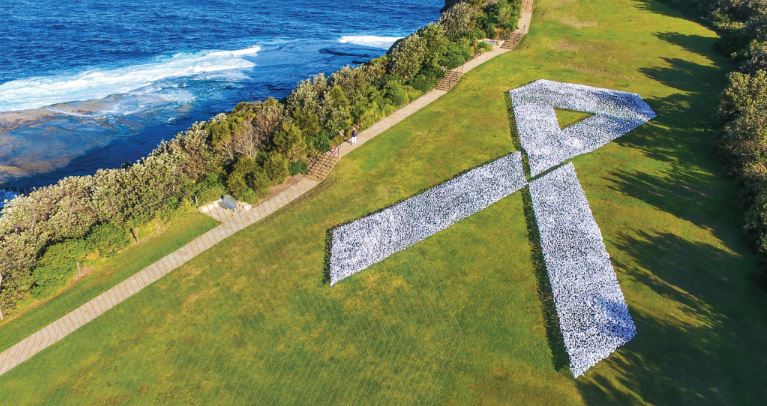Article written by Andrea Cantle and published on https://www.batemansbaypost.com.au/story/6700340/vulnerable-coast-families-at-risk-before-covid-19/?cs=229


The Family Place CEO Malindey Sorrell says coronavirus and government restrictions have ramped up anxiety, risk and tension in homes.
A South Coast service fears for the state of home life in the COVID-19 pandemic, and says more funding is needed for groups supporting vulnerable families.
The Moruya service says coastal families, such as many in the Eurobodalla Shire, were particularly vulnerable after the bushfires, and because entrenched disadvantage had “not been addressed”.
The Southern NSW District Data Profile, published in late 2019, revealed the shire trumped nearly every area of disadvantage in the Southern NSW District.
It had the highest percentage of vulnerable children; of children under the age of 15 affected by mental illness; of children and young people in out-of-home care; the highest likelihood of domestic assaults and non-domestic assaults; the highest rate of unemployment; of young mothers and of maternal smoking during pregnancy.
Those concerns were neglected before and after the bushfires, Ms Sorrell said.
She said the fires put a lot of pressure on families. Now, in constant close proximity, there was heightened risk of tension and domestic violence.
Ms Sorrell said children staying at home might increase tension in a complex home.
“Sometimes school is a protective factor; it provides routine and stability,” she said.
“(Now) if things are tough at home, there’s no time away.”
Home schooling was challenging for some families, particularly without technology.
Some people were so accustomed to high levels of cortisol, due to historic trauma, that the current crisis left them unfazed, but children suffered.
“It’s hard being a parent in the easiest circumstances, then look at what we’ve been through,” Ms Sorrell said.
“Not everyone has a good support structure. Financial distress can exacerbate relationship and family issues: losing jobs, hours cut and uncertainty.
“I don’t think we’re seeing the fall-out of this because we’re in survival mode.”


More funding would provide programs for families affected by domestic violence, drug and alcohol and historic trauma. She said funding for non-government organisations and not-for-profit organisations had not been reviewed.
“NGOs have never been supported in any localised way,” she said.
They could employ local people and intervene earlier with financial counselling, mindfulness, case planning and general family support.
In March, staff from The Family Place worked with a volunteer art therapist, Campbell Page and Gahdu Health at the Batemans Bay Surf Life Saving Club to help the community after the summer bushfires.
Ms Sorrell said 180 people attended the three-day “leaf by leaf” free art and wellbeing gathering and it was “very moving”.
Other high-performing services and providers on the coast could help close the disadvantages gap, but they also needed funding.
Since the bushfires, there was no communication or support given to existing NGOs in the shire, Ms Sorrell said.
Money given to national charities and international foreign aid since the bushfires had not met the goal of strengthening existing relationships in the community.
She had exhausted options of who to ask for funding.
“In short, we’re not able to provide families what they need,” she said.
“It’s an ethical thing that needs to happen for NGOs and NFPs. It’s an important step for community development,” she said.
On Sunday, morning, March 29, the Morrison government announced a $1.1 billion package to support coronoavirus-specific health and family-violence services, including more money for domestic violence support services and charities.
Ms Sorrell said while it was a promising development, “more needs to be done”.
“It looks as though this money may go to mental health clinical services for tele-health and domestic violence specialist services. Both of these criteria would exclude services like ours, yet because we work holistically with families, we are working to support families with a range of complex issues,” she said.
“The federal government needs to make a much bigger commitment to NGOs in the community setting, particularly those who are supporting families who are bushfire-impacted and now COVID-19- impacted.”


